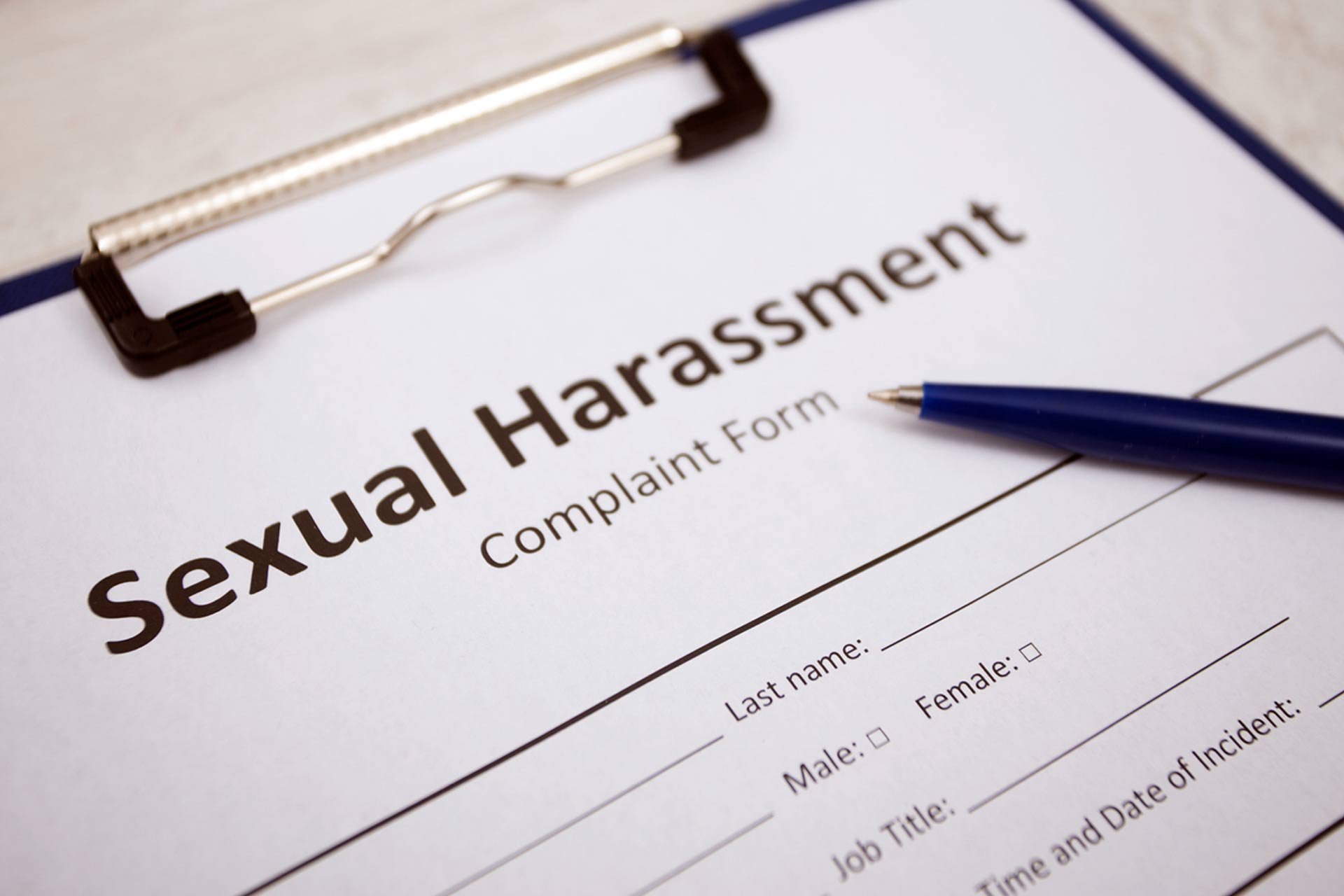On 9 December 2020 the Morrison government introduced the Fair Work Amendment (Supporting Australia’s Jobs and Economic Recovery) Bill (Bill) to parliament which seeks to introduce the most significant IR amendments to the Fair Work Act 2009 (Cth) (FW Act), in some time.
We have outlined the key changes the federal government’s Bill is seeking to introduce below.
Casual Employees
Double dipping
The amendments aim to tackle the issue of casuals effectively “double dipping” highlighted by the recent Federal Court decision of WorkPac Pty Ltd v Rossato [2020] FCAFC 84 (Rossato). In Rossato, an employee, who was labelled and paid as a casual, was ultimately found by the Court to be a permanent employee and the Court held the employer was not able to offset the employee’s accrued and unused permanent entitlements against the casual loading already paid to compensate for those entitlements – effectively enabling the employee to be paid twice for those entitlements or “double dip”.
The Bill specifically contemplates double dipping scenarios, akin to the facts of the Rossato decision, by requiring a court to reduce (but not below nil) any amount payable for relevant entitlements (e.g. leave entitlements) to a casual employee, who is found to be permanent, by an amount equal to the loading amount, if the employee has been paid an identifiable casual loading, while being paid as a ‘casual’.
If this amendment is passed, it will be important that employers ensure that casual loadings are specifically identified in pay slips and employment contracts.
Casual conversion
The proposed amendments also aim to create a clearer pathway for casuals to convert to permanent roles. Casual workers who have been:
- with the same employer for 12-months; and
- during at least the last 6-months of that year, have worked a regular pattern of hours on an ongoing basis which, without significant adjustment, the employee could continue to work on a part-time or full-time basis,
must be offered permanent employment, unless an exception exists (a casual employee is also entitled to make a permanent employment request if their employment meets this criteria).
Defining casual employment
Further, for the first time, the Bill is also seeking to amend the FW Act by introducing a new statutory definition of “casual employment”. This is an attempt to end the confusion and uncertainty surrounding ‘who is a casual employee’.
Changes to modern awards
The Bill includes some provisions aimed at increasing the flexibility of the way work can be performed under certain “identified modern awards,” namely:
- the Business Equipment Award 2020;
- the Commercial Sales Award 2020;
- the Fast Food Industry Award 2010;
- the General Retail Industry Award 2020;
- the Hospitality Industry (General) Award 2020;
- the Meat Industry Award 2020;
- the Nursery Award 2020;
- the Pharmacy Industry Award 2020;
- the Restaurant Industry Award 2020;
- the Registered and Licensed Clubs Award 2010;
- the Seafood Processing Award 2020; and
- the Vehicle Repair, Services and Retail Award 2020.
Simplified additional hours agreements for part-time employees
Part-time employees under an identified modern award, may in certain circumstances agree to flex-up their hours, without overtime being payable.
COVID-19 Flexibilities
The Bill also seeks to temporarily further extend the workplace flexibilities enabling employers subject to an identified modern award to issue flexible work directions regarding workplace duties and locations of work. However, there are still certain requirements a direction must satisfy to be valid. A direction will not be valid if, among other things, it is unreasonable in all the circumstances, will not reasonably assist the revival of the business and/or the employer has not met their consultation requirements under the Bill.
These provisions and any directions are intended to cease operation after two years.
Enterprise Agreements and the BOOT
In response to the increased difficulty and delay in making and having an enterprise agreement approved in recent years, the Bill seeks to introduce major reforms to the agreement approval process, which largely aims to simplify the Better Off Overall Test (BOOT). The rationale behind these intended changes is to make the bargaining system easier to engage with, faster and more efficient, which will ultimately allow more agreements to pass.
The primary changes to the bargaining process the federal government is seeking to make include:
- the Fair Work Commission (FWC) will be required to determine agreement applications and variation applications within 21-days or give written and published notice of the exceptional circumstances that prevented determination by the required deadline;
- remove the requirement for the FWC to consider patterns or kinds of work that are not reasonably foreseeable, only those that employees currently perform or could reasonably be foreseen to perform;
- replace the prescriptive requirements for assessing whether an agreement is genuinely agreed with a test that considers the substance of the agreement, effectively this means employers will not be required to explain every clause of an agreement to workers in comparison with the award;
- oblige the FWC to take into account the views of both the employer and employees on the BOOT, including both monetary and qualitative benefits;
- restrict intervention at the approval stage to only employees and bargaining representatives, unless there are exceptional circumstances; and
- permit a new franchisee employer to join an agreement by only requiring the new franchisee’s employees to vote, rather than all employees already covered by the existing agreement.
Other amendments the government is seeking introduce via this Bill are in direct response to the ongoing impact the COVID-19 pandemic is having on businesses and will sunset after two years. Under these potential reforms, which the opposition strongly opposes, the FWC will have discretion to approve an agreement that does not meet the BOOT in limited circumstances, including where employees vote in favour of the agreement and it is in the public interest for the agreement to pass, based on factors including the impact of COVID-19 on the business. Any agreements approved in these circumstances will be limited to a maximum nominal term of two years.
Criminalising underpayments
Notably, the Bill is seeking to introduce federal wage theft laws (the Victorian government introduced wage theft laws earlier this year, see our alert here). Whereby an individual or company will commit ‘wage theft’ if the employer dishonestly engages in a systematic pattern of underpaying employees. This does not apply to one-off underpayments, genuine mistakes or miscalculations, as the conduct must be dishonest and systematic, as defined under the Bill.
Under the Bill an employer will be found to have underpaid an employee if they fail to pay an amount payable to the employee in relation to the performance of work in full, in money or at least each month.
The potential reforms include significant penalties for individuals and companies, including imprisonment for 4 years and financial penalties (or both for individuals).
Key messages
The key take-home messages for employers from this Bill are:
- review the arrangements currently in place with casuals;
- for employers covered by the identified modern awards review opportunities available for additional flexibilities in your workplace;
- for the first time in years, it may be time for employees to voluntarily consider EA options; and
- carefully review your compliance with awards and other instruments prescribing employee pay and conditions noting the very serious criminal sanctions that will soon attach to non-compliance.
While the intended reforms the federal government is seeking are significant, the Bill will likely face months of debate and further amendments before commencing. However, for specific advice or an in-depth discussion about how these potential reforms may affect your business or arrangements you have in place with your employees, particularly in relation to enterprise agreements and casual employees please contact one of our team on 03 9448 9600.
The above is general information and should not be taken as legal advice.
Liability limited by a scheme approved under Professional Standards Legislation.









